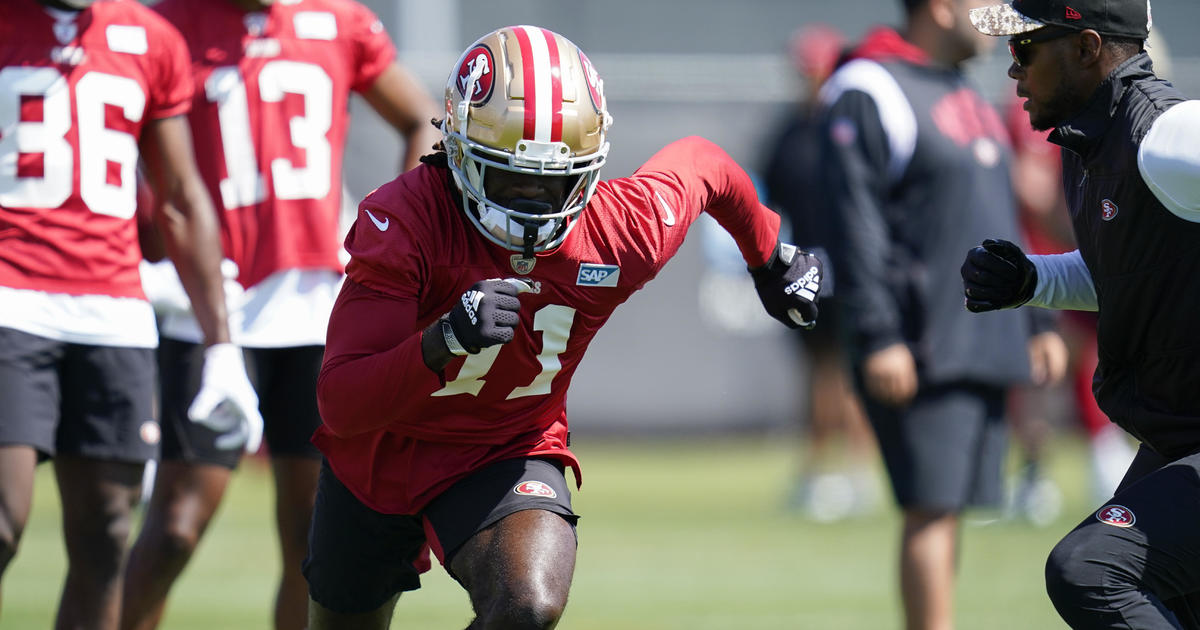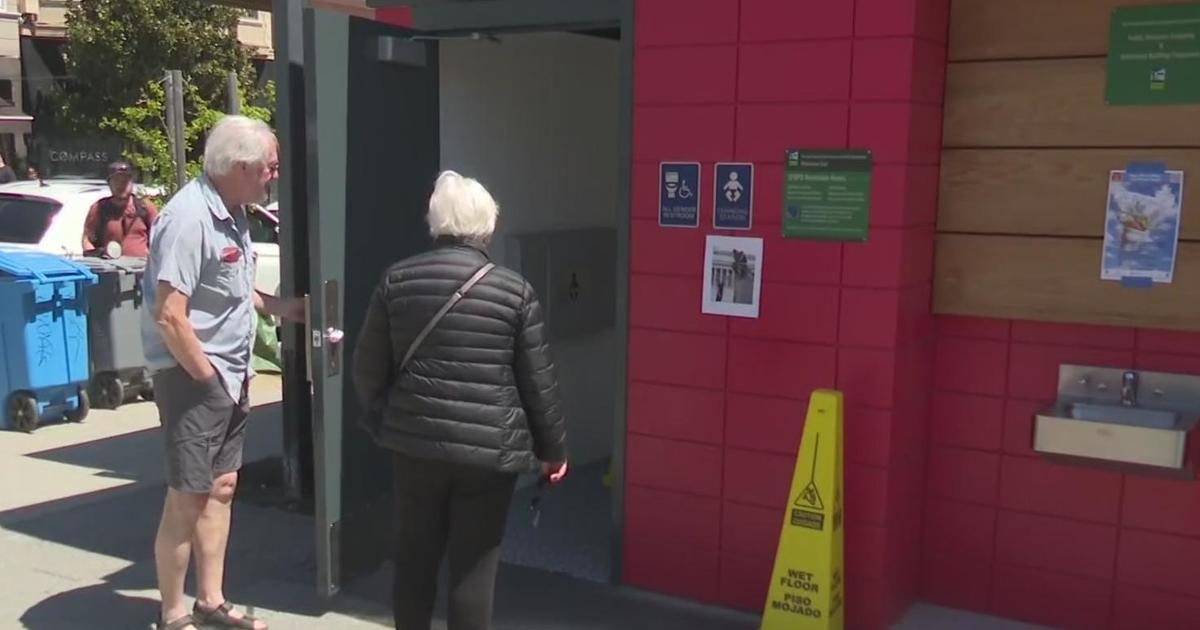Progress In BART Labor Negotiations Reported; Strike Grinds On
SAN FRANCISCO (CBS/AP/BCN) -- Bay Area Rapid Transit management and labor unions made progress in contract talks, and the two sides were set to meet again on Wednesday afternoon, a union negotiator said.
Josie Mooney, a negotiator with Service Employees International Union, Local 1021, spoke early Wednesday morning after a marathon negotiation session with Bay Area Rapid Transit train officials that started Tuesday evening.
"We've worked very hard," Mooney told reporters, adding that the two parties were scheduled to meet again at 1 p.m. Wednesday. She said she could not comment further because a mediator has asked the parties not to speak to the media.
BART spokeswoman Alicia Trost said that meeting until 3 a.m. as the parties did is "always a good sign."
"It is good to see that we're at the table and we're meeting extensively," she said.
Workers, however, remained on strike, snarling the morning commute for a third straight day. BART is the nation's fifth-largest rail system and serves hundreds of thousands of commuters each weekday. Even if a deal is reached, it could take up to 24 hours for trains to begin running.
BART Talks Stretch Into Early Wednesday Morning; Still No Deal
People lined up early for charter buses set up by BART and endured heavy traffic on the San Francisco-Oakland Bay Bridge.
Talks between BART and its unions resumed on Tuesday after political pressure mounted for a settlement. The governor sent two of the state's top mediators — the chair of the Public Employment Relations Board and the chief of the State Mediation and Conciliation Service — to facilitate further talks.
A letter from Democratic state officials said the strike has caused "widespread personal hardship and severe economic disruption," and it noted they were disappointed "about the lack of productive proposals and counterproposals in the days leading up to the strike."
Commutes in the region were thrown into chaos when the strike began early Monday after talks with management broke down. BART carries passengers from the farthest reaches of San Francisco's densely populated eastern suburbs to San Francisco International Airport across the bay.
Freeways have choked to a standstill. Lines for ferry service tripled, boats were crammed to standing-room only and ridership on Caltrain increased.
Caltrans offered expanded hours for high-occupancy vehicle (HOV) lanes to encourage Bay Area commuters to carpool to work during Wednesday's strike.
Caltrans has expanded the HOV 3+ lane on Interstate Highway 80 to be non-stop from 5 a.m. to 7 p.m. for the duration of the strike.
Carpools are required to have FasTrak to receive discounted tolls when crossing bridges, according to Caltrans.
Riders looking to form or join a carpool through Caltrans can check the website, www.511.org, for more information.
Meanwhile, interest in car-sharing companies such as Avego, Uber, Sidecar and Lyft has surged, while taxi drivers in San Francisco have found the strike negatively impacting their business because of the traffic gridlock.
(Copyright 2013 by CBS San Francisco and Bay City News Service. All rights reserved. This material may not be published, broadcast, rewritten or redistributed.)



